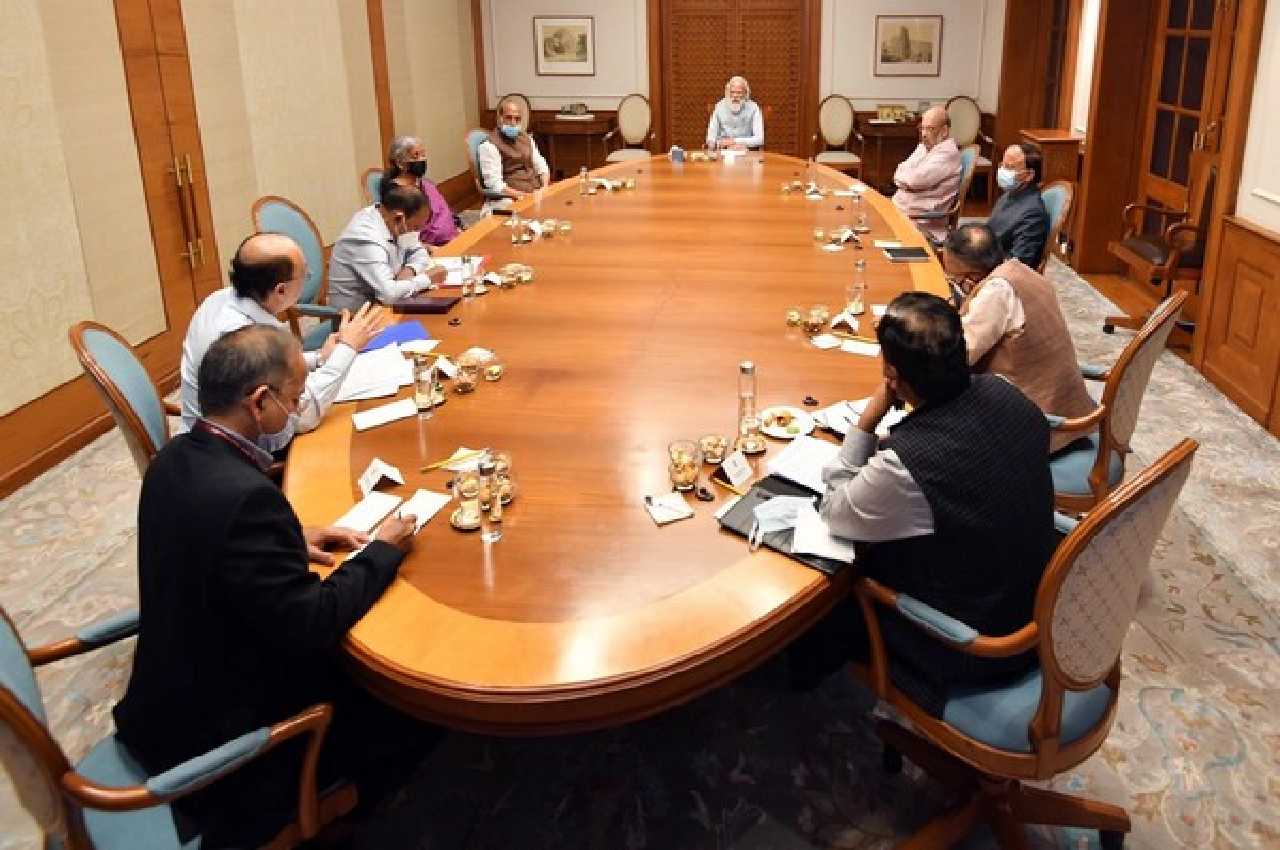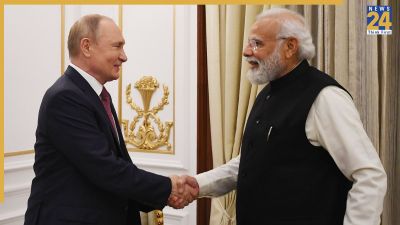New Delhi: The Union Cabinet, chaired by Prime Minister Shri Narendra Modi, on Wednesday approved the National Medical Devices Policy, 2023.
The medical devices sector in India is an essential and integral constituent of the Indian healthcare sector. The Indian medical devices sector’s contribution has become even more prominent as India supported the domestic and global battle against COVID-19 pandemic through the large-scale production of medical devices & diagnostic kits, such as Ventilators, Rapid Antigen Test kits, Real-Rime Reverse Transcription Polymerase Chain Reaction (RT-PCR) kits, Infrared (IR) Thermometers, Personal Protective Equipment(PPE) Kits & N-95 masks.
The medical devices sector in India is a sunrise sector which is growing at a fast pace. The market size of the medical devices sector in India is estimated to be $11 billion (approximately, ₹ 90,000 Cr) in 2020 and its share in the global medical device market is estimated to be 1.5%. The Indian medical devices sector is on a growth track and has an enormous potential to become self-reliant and contribute towards the goal of universal health care.
The Government of India has already initiated implementation of PLI Scheme for medical devices and support for setting up of 4 Medical device Parks in the States of Himachal Pradesh, Madhya Pradesh, Tamil Nadu and Uttar Pradesh. Under the PLI scheme for Medical Devices, till now, a total of 26 projects have been approved, with a committed investment of Rs.1206 Cr and out of this, so far, an investment of Rs.714 Cr has been achieved. Under the PLI scheme, total of 14 projects producing 37 products have been commissioned and domestic manufacturing of high-end medical devices has started which include Linear Accelerator, MRI Scan, CT-Scan, Mammograms, C-Arm, MRI Coils, high-end X-ray tubes, etc. The remaining 12 products will be commissioned in near future. Five projects out of total 26 projects have been approved recently, under Category B, for domestic manufacturing of 87 products/product components.
Building upon these measures, a holistic policy framework to accelerate this growth and fulfil the potential of the sector is the need of the hour. While various Departments of the Government have undertaken programmatic interventions to encourage the sector, the current policy aims to put in place a comprehensive set of focus areas for the growth of the sector in a coordinated manner.
Secondly, in view of the diversity and multi-disciplinary nature of the sector, the regulations, and skilling trade promotion of the medical device industry are spread over several departments in the Government both at the Centre and State levels. There is a need to bring together the range of interventions in a coherent manner that would facilitate focused and efficient support and facilitation for the sector by the respective agencies.
The National Medical Devices Policy, of 2023 is expected to facilitate an orderly growth of the medical device sector to meet the public health objectives of access, affordability, quality and innovation. This sector is expected to realize its full potential, with the strategies viz, building an enabling ecosystem for manufacturing along with a focus on innovation, creating a robust and streamlined regulatory framework, providing support in training and capacity building programs and promoting higher education to foster talent and skilled resources in line with the industry requirements. Encouraging domestic investments and production of medical devices complements the Government’s ‘Atmanirbhar Bharat’ and ‘Make in India’ programs.













